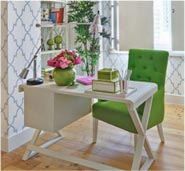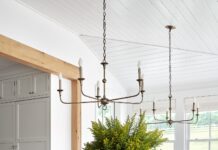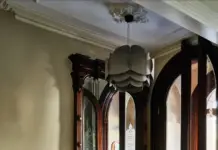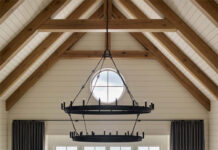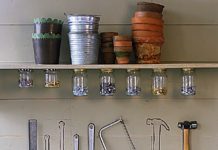Over time, no matter what type of garden furniture you have, it is likely that your tables, chairs, and benches will suffer from weathering. Both good and bad weather, as well as strong winds, can contribute to the damage that is caused and this can result in your expensive patio set looking at little shabby or worse still becoming damaged.
Fortunately, there are plenty of things that you can do to ensure that your furniture remains in the best condition possible and gives you many years of service. Whether you have wooden furniture, rust proof garden furniture or even plastic furniture many of these handy tips will work for any type of furniture. We will also offer some advice on how to protect specific types of garden furniture.
Keep it clean
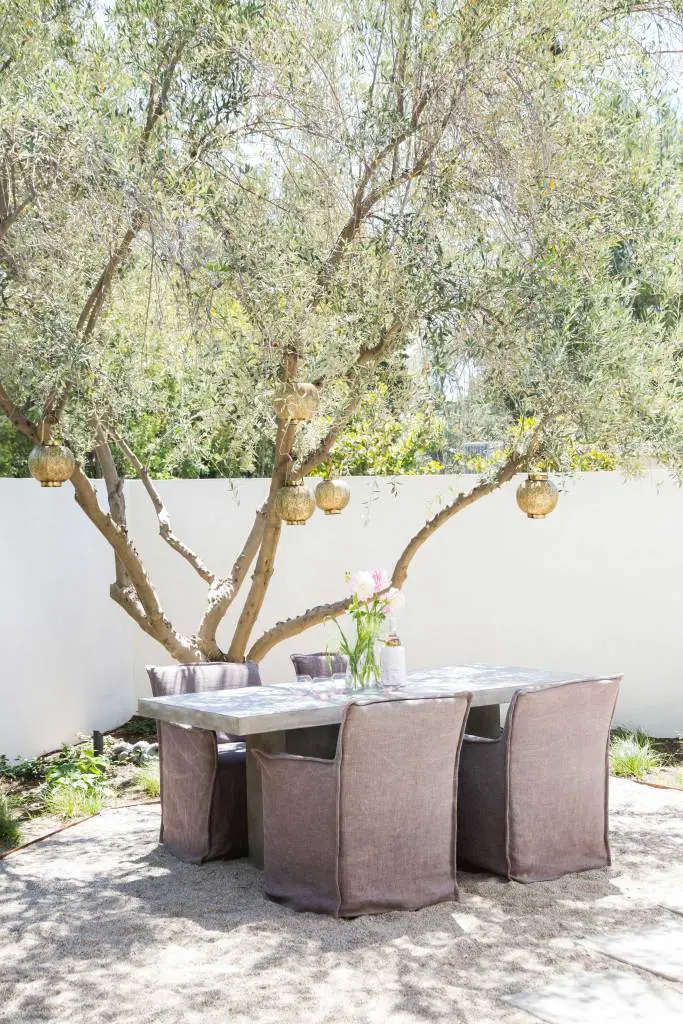
No matter how you store your garden furniture it will pick up dirt and debris and this can cause problems which can add to any weathering of your furniture. Keeping it as clean as possible is a good way to help prolong its life. The added bonus of cleaning your garden furniture on a regular basis is that you will see if there is any damage or weathering, no matter how small, that could lead to bigger issues. This is then something that you can take measures to stop.
Treat it
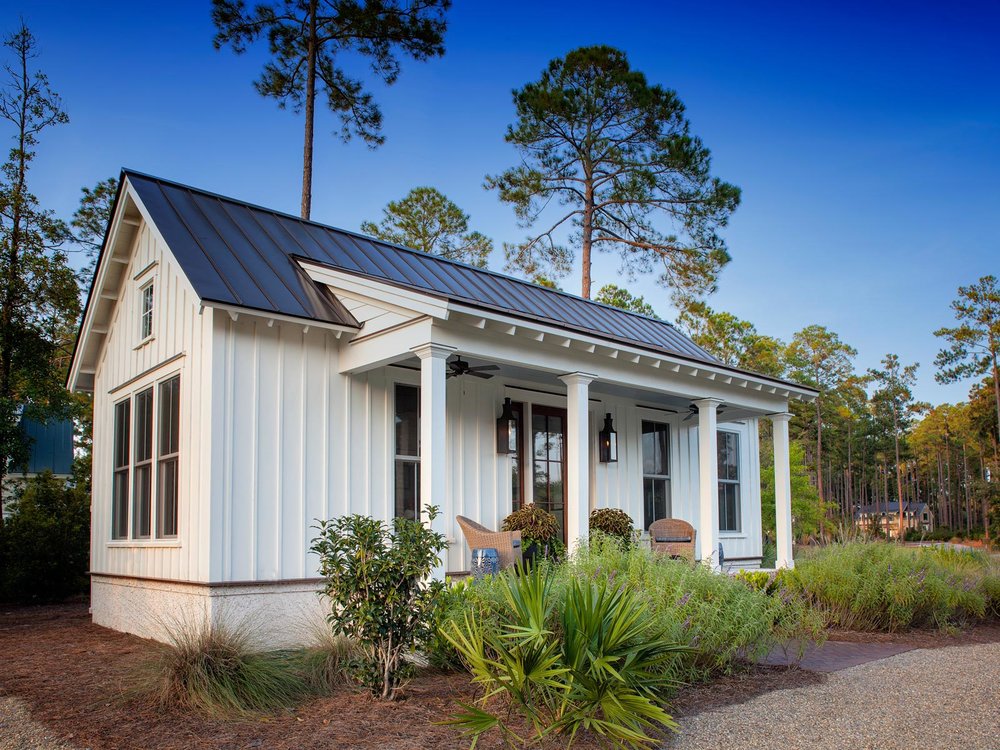
Wooden garden furniture should be treated with an appropriate product once a year. This will help to keep the wood looking as good as possible and will also help to repel any surface water rather than allowing it to be absorbed into the wood. When wet gets into the wood it can expand when the weather gets colder, and this can cause damage. The furniture should be cleaned first and then given plenty of time to dry before any treatment is used.
Metal garden furniture should be checked over once a year as well for rust, any rust that you do find should be treated with an appropriate product that has specifically been designed to help prevent the spread of rust.
Consider how you store your furniture
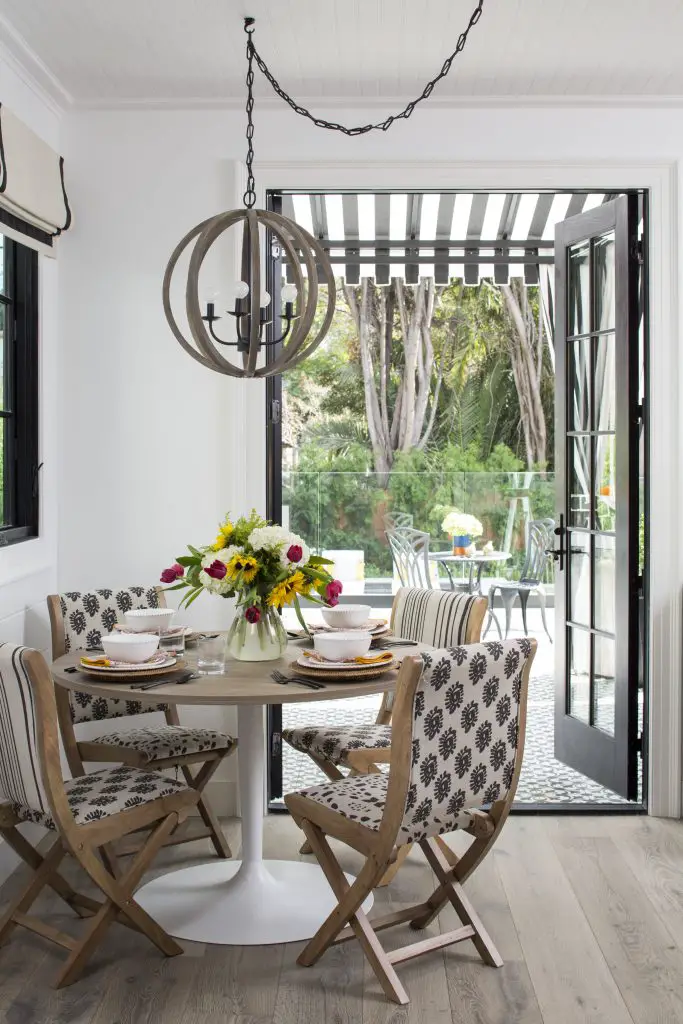
Whether your garden furniture is wooden, plastic or metal it is important to consider where you store it, as this can help to guard against weathering.
Wooden or metal furniture can benefit from being stored inside during the colder and wetter months of winter. This will protect it against the extremes of the cold which in combination with the rain can be particularly damaging for wooden furniture. This is of course not always a possibility so if you don’t have any indoor space that you could use you may want to consider investing in a good quality cover – whilst this may not guard against the cold particularly well it will certainly prevent your furniture from getting too wet.
Plastic furniture is much lighter than its wood and metal counterparts and is more at risk of the damage that is caused by high winds. If you cannot store this inside then it is worth not only investing in a cover but also finding a way of weighing it down so it does not get blown around your garden. This can avoid it getting broken. Plastic furniture is also more at risk of damage from the sun which can make it brittle over time. If you want to avoid as much weathering as possible, moving to the shade when not in use can be a very good idea.
Finally, if you use any cushions or padded seats on your garden furniture these should always be moved inside when not in use.
While it may seem like a chore, protecting your garden furniture in this way will ensure it lasts for some time to come.
Thanks to lazysusanfurniture.co.uk for consulting.





